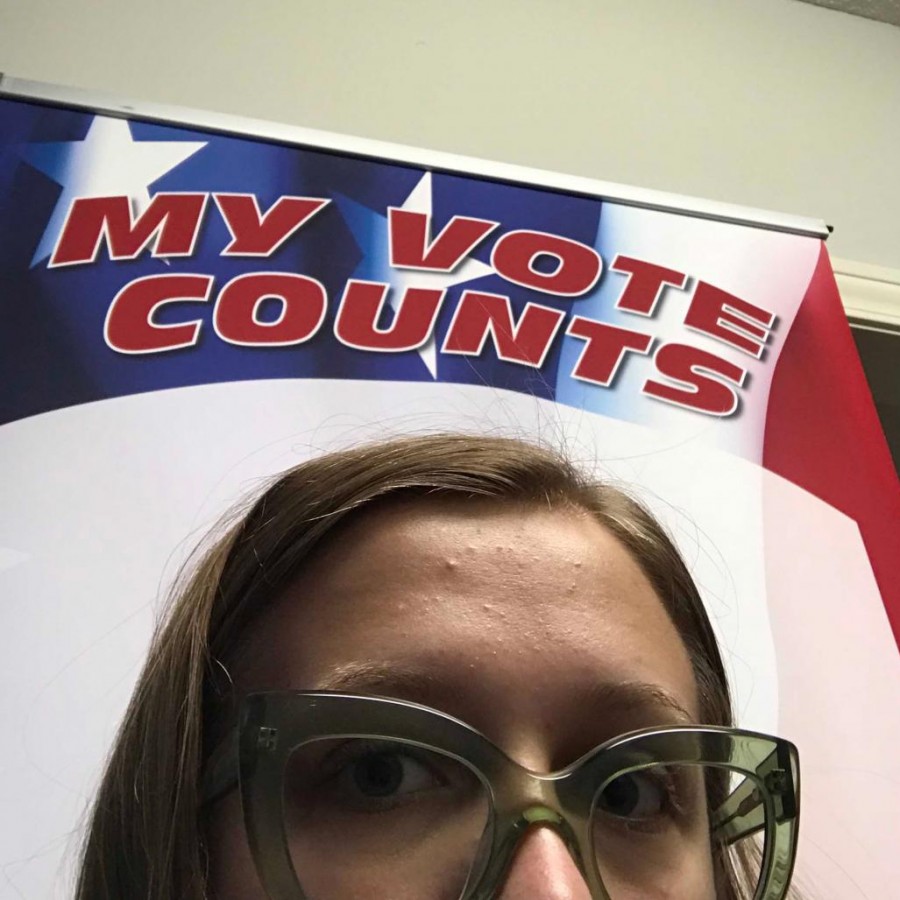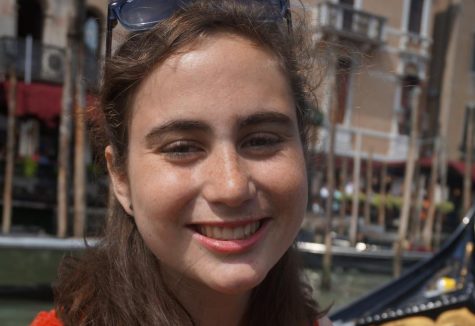The midterms are tallied and results posted every which way on the internet. The aftermath of the elections is considered the most important aspect of voting, but a lot of work goes into making our democracy run.
One of PV’s own teachers, Elizabeth Moritz, spent Tuesday working at the polls. She was at the precinct at 5:30am to get the poll books and voting machines ready to go. As the head of her precinct, Moritz was responsible for the integrity of the voting under her watch and took care of any issues of voter registration including changes in addresses.
This midterm brought changes to make the voting process accessible to more people. With many organizations and volunteers driving seniors to the polls, even those who can’t drive can turn in their ballot on voting day. Filling out and turning in a ballot is becoming easier as well. Moritz’s precinct used technology to make voting easier for disabled Americans. “We have another new machine for those hard of hearing or visually impaired.” The machine uses a touch screen, headphones, and buttons to assure everyone’s voting confidentiality.
Early voting is also up exponentially. Thirty-seven states have some form of early voting and 28, including Iowa, had more early votes than in 2014. Beginning in mid October, Iowans can cast an absentee ballot at the county auditor’s office or mail one in. This option enables those not in town on Nov 6 or those who cannot get off of work to still exercise their rights. Many voters are working to make sure there aren’t excuses for not voting.
A lot of buzz surrounded voter identification this year. Seven states now require voters to come to the polls with an photo ID. This has drawn controversy as many Americans do not currently have a photo ID and feel the new laws make it harder for them to cast a ballot. The most common form of state identification in the US is a driver’s license; those living in big cities, the elderly, the homeless, and college students are the highest demographics of those without a license. Eleven percent of total adult Iowans, one in four of black Iowans, and 15 percent of Iowans over 65 do not have a driver’s license.
In Iowa, the precincts workers are required to ask for an ID. If a voter doesn’t have one, they must sign an Oath of Identification. Moritz views this as an effective method of authentication as the precinct worker will then question for the voter’s address and birthday. If a millennial comes in trying to vote under a birthday from the 1970s, they will be charged with a felony and therefore never be able to vote. “People aren’t willing to commit a felony to put a ballot in a box.” The results of committing voter fraud are incarceration as well as being stripped of voting rights.
Around 50% of eligible US voters cast ballots in the midterms. Compared to the 36% that voted in 2014, turnout was up and away. Many Americans successfully worked to make sure Nov 6 ran smoothly and as many Americans as possible could exercise their right to democracy.









